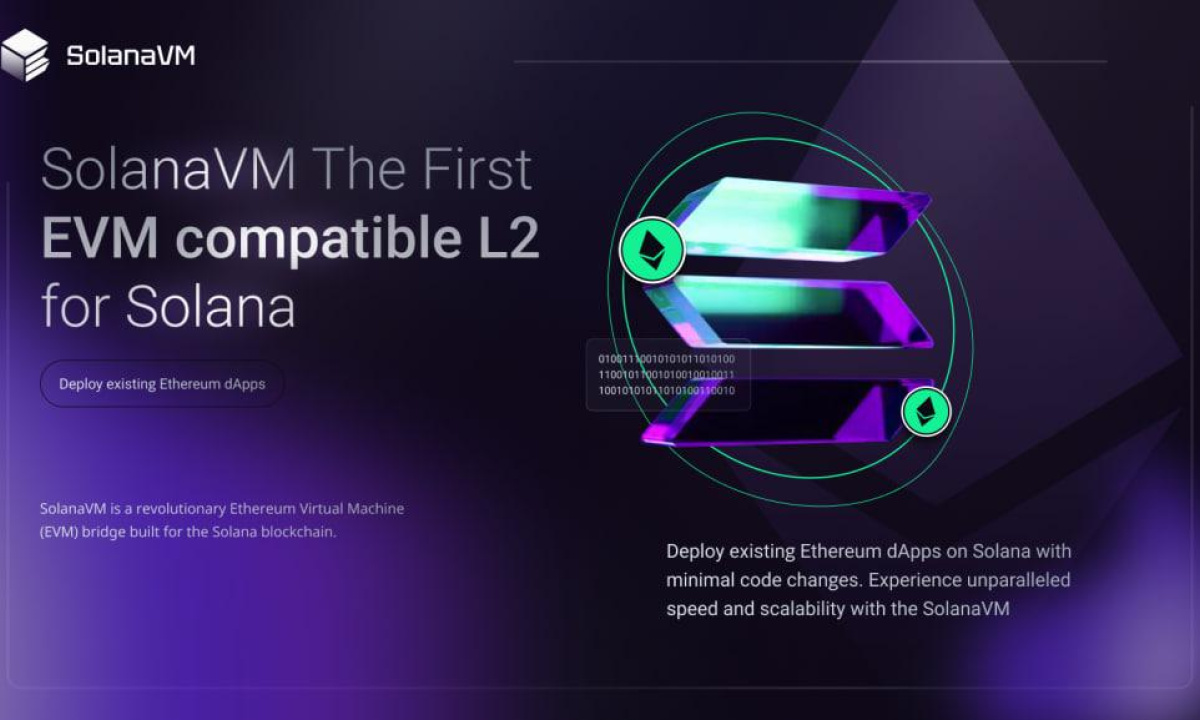The Brazilian government has revealed plans to leverage blockchain technology for digital identity solutions, with over 214 million citizens set to benefit.
Initially, the states of Rio de Janeiro, Goiás, and Paraná will implement identification documents on a private blockchain developed by Serpro, Brazil's national data processing service. A decree issued on September 25th mandates the nationwide adoption of blockchain technology for identity documents by November 6th. Alexandre Amorim, President of Serpro, highlighted the blockchain's immutability and decentralization as key attributes for this digital identity initiative.
Amorim notes that blockchain technology significantly enhances the security and reliability of the National Identity Card (Carteira de Identidade Nacional) project by safeguarding personal data and preventing fraud.
The primary objectives of the national ID project include combating organized crime, fostering intergovernmental cooperation, simplifying access to services, and streamlining administrative records. This move towards digital identity aligns with the global trend of integrating technology into identity verification processes. Buenos Aires, Argentina, has also launched a similar initiative allowing residents to access identity documents via a digital wallet. In late 2022, Brazil into law.
has been working to unify identity issuance across its nearly 30 states over the past few years. The newly adoptred blockchain technology aims to facilitate secure data exchange between the Federal Revenue and government departments.
Blockchain technology offers numerous advantages for identity management, including data immutability, decentralization, and transparency. It is considered highly secure against data tampering, as recorded data cannot be easily altered or falsified. Additionally, the decentralized nature of blockchain makes it more resilient against cyberattacks.
The adoption of blockchain for digital identity purposes is another significant step in Brazil's efforts to modernize its public services. As this initiative continues to roll out across the country, it is expected to provide citizens with a secure and convenient way to access essential services.
In a related development, Brazil is also working on the implementation of a (CBDC) . This CBDC aims to improve business access to capital through tokenization. However, concerns have been raised about its central authority's ability to freeze funds or reduce balances, highlighting the importance of maintaining transparency and security in .
Disclaimer: This article is provided for informational purposes only. It is not offered or intended to be used as legal, tax, investment, financial, or other advice.
Investment Disclaimer













